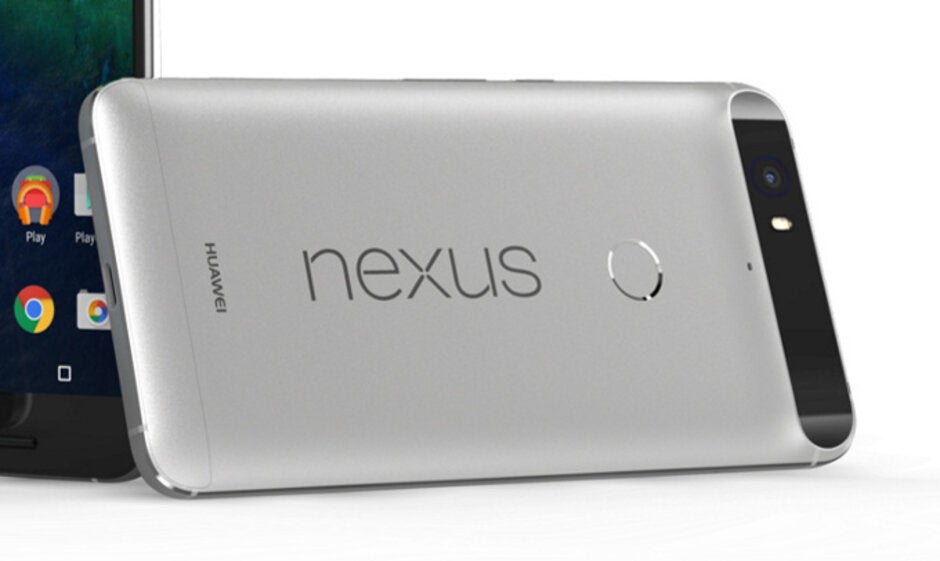FCC seeks comments from Americans over designation of Huawei, ZTE as national security threats

Back in November, the FCC unanimously voted to block purchases of Huawei and ZTE networking equipment by the $8.5 billion Universal Service Fund (USF). Funded by fees charged to consumers on their phone bill, the USF is managed by the FCC and the money is used to help provide internet access to rural and low-income Americans. Huawei is the world's largest networking equipment provider and ZTE is the fourth-largest; both are considered to be national security threats by U.S. lawmakers which is why the FCC voted for the ban.
Since both Huawei and ZTE are Chinese companies, they are required to gather intelligence from American consumers and corporations if asked to do so by the Chinese government. This has led U.S. lawmakers to believe that the companies' networking equipment contains a back door that sends information to Beijing. While both firms deny this, the Trump administration is concerned as rural telecom firms look to update their networks. Since several of these rural firms already have Huawei and ZTE gear in their 2G, 3G and 4G networks, the FCC is considering a proposal that would force these operators to remove this equipment. The regulatory agency has already estimated that such an action will cost $1.89 billion over a two-year period. The FCC has requested data from these rural providers that details all of the gear purchased from the two companies from China that they are currently using.
Huawei and ZTE were named national security threats by a congressional committee back in 2012
Reuters reports that the FCC has given the American people until February 3rd to comment on the agency's decision to label Huawei and ZTE as national security threats. The FCC has said that it will review the public comments before it officially puts that label on the two manufacturers. Huawei has already filed a lawsuit against the FCC's decision to prevent the USF from purchasing its equipment.
Both Huawei and ZTE were named as national security threats by a 2012 draft report from the U.S.House of Representatives' Intelligence Committee. The committee suggested that Huawei and ZTE devices and equipment be banned in the U.S. Three years later, the Nexus 6P, built by Huawei in conjunction with Google, was sold in the states. And by 2017, ZTE was the fourth-largest smartphone brand in the U.S.

The Huawei produced Nexus 6P was sold in the states during 2015
Things started going south for the pair early in 2018 when both AT&T and Verizon abruptly canceled their plans to sell the Huawei Mate 10 Pro handset. While never confirmed, there is speculation that a call from someone in the Trump administration forced the carriers to drop the model. Three months after that, the U.S. Commerce Department reinstated a seven-year export ban against ZTE. The company failed to follow penalties placed on the firm by the U.S. after it was caught doing business with Iran and North Korea violating U.S. economic sanctions against those countries. The ban ended after President Trump intervened and a settlement was reached.
Last year, in the middle of May, the Trump administration placed Huawei on the Commerce Department's entity list banning the manufacturer from accessing the U.S. supply chain it spent $11 billion on in 2018. The president claims that this was done for security reasons. As a result of the ban, Huawei's new phones are powered by an open-source version of Android and cannot run Google's core Android apps. That doesn't matter in China where those apps are mostly banned anyway but it has affected global sales of newer models. Despite the ban, Huawei most likely shipped 230-240 million handsets last year thanks to extremely strong demand in China. This will make Huawei the second-largest smartphone manufacturer in the world behind Samsung and ahead of Apple. At the beginning of last year, Huawei had estimated that it would ship 300 million phones in 2019 so the ban has had an impact.
Is there any chance that U.S. consumers will respond to the FCC's invitation by asking that Huawei and ZTE no longer be considered threats to the states? And even if that were to happen, would the FCC give in to demands made by the public? From what we have seen of FCC Chairman Ajit Pai, we can't imagine any scenario under which the regulatory agency would change its mind about Huawei and ZTE.
Follow us on Google News













Things that are NOT allowed:
To help keep our community safe and free from spam, we apply temporary limits to newly created accounts: